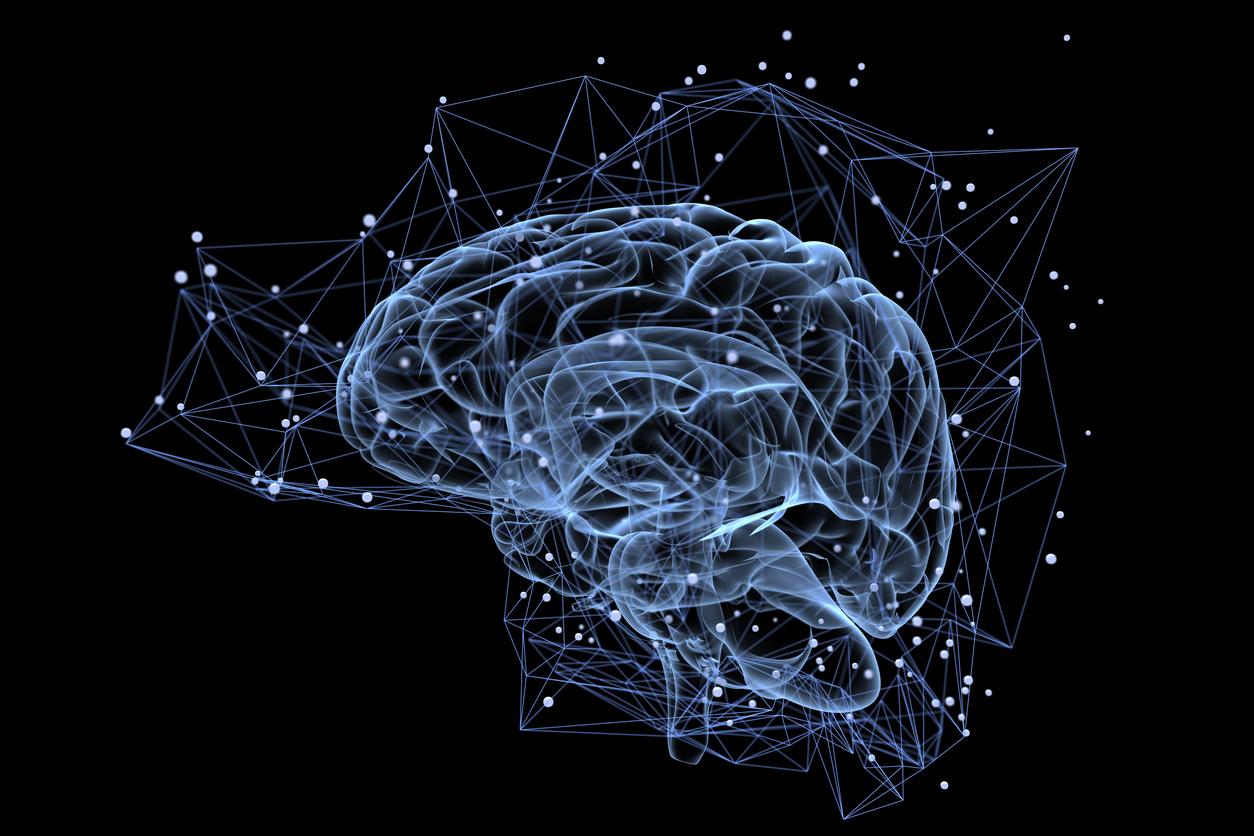On the occasion of his latest album, singer Robbie Williams confided in the press about his social phobia and his taking of anxiolytics.

“I have been on medication since I was around 25”. In an interview with Gala on the occasion of his new album The Christmas Presentsinger Robbie Williams has revealed that he suffers from social anxiety, a disorder characterized by anxiety that occurs during situations involving social interactions.
“The lack of privacy can accentuate this. For a long time, I mourned my youth. I started in a boy band at seventeen. And very quickly, I had the impression that all the people rubbed shoulders with me to ask me something. A favor or a photo”, regrets the 45-year-old Briton, who celebrates his thirty-year career this year.
“I can perform in a stadium in concert without problem but that strangers rush on me, it worries me. Finally, at the moment, I am not at the top of glory, considering what I have known, I am a bit in a hollow, he continues. If I had continued to be on top, I would have died. I wouldn’t have survived, with all my drug addiction. Very few experience the levels of notoriety that I have experienced. It was really crazy for me at one point. I held on doing just about anything, and then I met my wife and I paid more attention to myself”, concludes the artist, married for nine years with actress Adya Field. Together they had three children, Théodora, seven years old, Charlton, five years old and Colette, one year old.
“A disease that wants to kill me”
This isn’t the first time the pop star has opened up about her health issues. Known for having chained stays in rehab, Robbie Williams is in particular expressed on his mental disorders in the columns of Sun last March, after spending seven days in intensive care for brain abnormalities.
“I have a disease that wants to kill me. It’s in my head and I have to fight against it. Sometimes it overwhelms me, but sometimes it also gives me the courage to go on stage,” he said, referring to his anxiety and weight issues. Today, to keep his head above water, the singer has quit smoking, gone vegan and taken up pilates and yoga.
A disorder that can lead to suicide
Social anxiety, also characterized by the term “social phobia”, is an anxiety disorder in the same way as post-traumatic stress disorder and OCD (Obsessive Compulsive Disorder). It would affect 2 to 4% of the population and would affect women more than men, starting in adolescence.
This disorder is characterized by an intense fear of situations in which the phobic person will be confronted with the gaze of others. This phobia weighs painfully on the lives of patients because it causes them to reduce leisure activities, complicates their romantic relationships and of course their professional life. The person will avoid travel and contact with others as much as possible, taking a long time to leave the house, arriving late for appointments and ignoring phone calls. When this disorder concerns absolutely all social interactions, we speak of generalized social phobia. Overwhelmed by permanent anxiety, some patients end up committing suicide.
The role of cognitive and behavioral psychotherapy
Social anxiety is often linked to other anxiety disorders, such as fear of blushing in public or crowds. Most often, people who suffer from it have low self-esteem and suffer from depression. All of these factors can lead to risky behaviors such as excessive consumption of anxiolytics or alcohol.
If no gene has yet been clearly identified, some studies highlight a family risk. If one member of a family suffers from social anxiety, it is more likely that another member of the same family will suffer from the same disorder. Other research has highlighted hormonal disturbances in patients suffering from social phobia. Their level of cortisol, the stress hormone, would be disturbed. Education and environment also seem to play a role in the occurrence of this disorder. Unsurprisingly, children who grew up with little interaction with the outside environment or who benefited from parental overprotection are more likely to develop social phobia while growing up. Finally, it can also draw its source from a traumatic experience linked to the judgment of others.
If you think you suffer from social anxiety, make an appointment with a doctor who will refer you to cognitive and behavioral psychotherapy, either individually or in a group. The work will aim to expand your comfort zone, helping you to gradually confront stressful situations. In addition to the therapeutic follow-up, it also happens that certain specialists recommend antidepressants and tranquilizers in the event of a major blockage.

.















